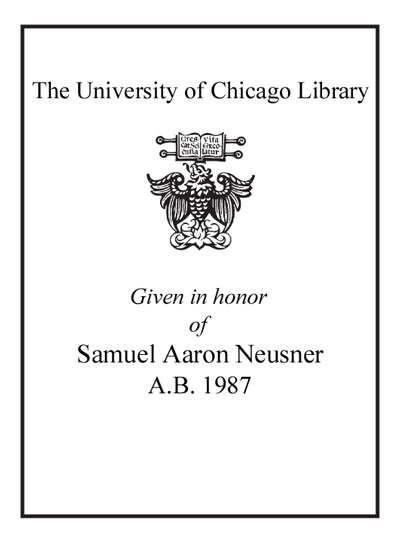Review by Choice Review
Throughout 1943 and much of 1944, US forces under the overall command of General Douglas MacArthur were campaigning on New Guinea, leapfrogging their way along the north coast of this immense island to secure air and logistics bases. The bitter contest for these and other strategically important areas of New Guinea, part of MacArthur's road back to the Philippines, is generally not so well known as the concurrent struggles by other US troops to seize Tarawa, Kwajalein, Saipan, and other islands in the Central Pacific. Many readers should therefore welcome Taaffe's book; although there are several excellent studies of combat in MacArthur's Southwest Pacific Theater, they tend to be long and at times tedious in their detail. This book, in contrast, is modest in size, clearly written, and enlivened by the author's often provocative judgments about MacArthur and his subordinate commanders. Photos are nonexistent, but maps and line drawings of battle sites are ample. General readers; upper-division undergraduates and above. L. J. Graybar; Eastern Kentucky University
Copyright American Library Association, used with permission.
Review by Library Journal Review
In nine chapters edited by Theoharis (J. Edgar Hoover, Sex & Crime, LJ 2/1/95), ten scholars, journalists, and attorneys explore the ways that democratic government is undermined by the inclination to secrecy of presidents, bureaucrats, legislators, and judges. As Sen. Daniel Patrick Moynihan (D-NY) has stated, Americans have been placed in the ironic position of relying on Soviet archives in Moscow to unravel American history during the Cold War. The contributors describe the imperial presidency from Franklin Roosevelt through Bill Clinton, with emphasis on the FBI, CIA, NSA, Department of State, and National Security Council. Included are John Lennon's FBI files, J. Edgar Hoover's Supreme Court files, files on the Kennedy assassination, and the Nixon tapes. One need not be Oliver Stone to conclude from these stories that the federal government's cult of secrecy has overstepped legitimate national security needs to contribute to the imperial presidency at the expense of democratic government. Recommended for academic collections.William D. Pederson, Louisiana State Univ., Shreveport (c) Copyright 2010. Library Journals LLC, a wholly owned subsidiary of Media Source, Inc. No redistribution permitted.
(c) Copyright Library Journals LLC, a wholly owned subsidiary of Media Source, Inc. No redistribution permitted.
Review by Choice Review
Review by Library Journal Review

